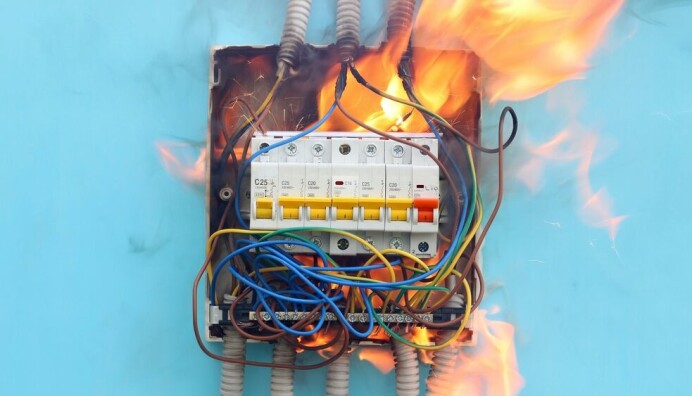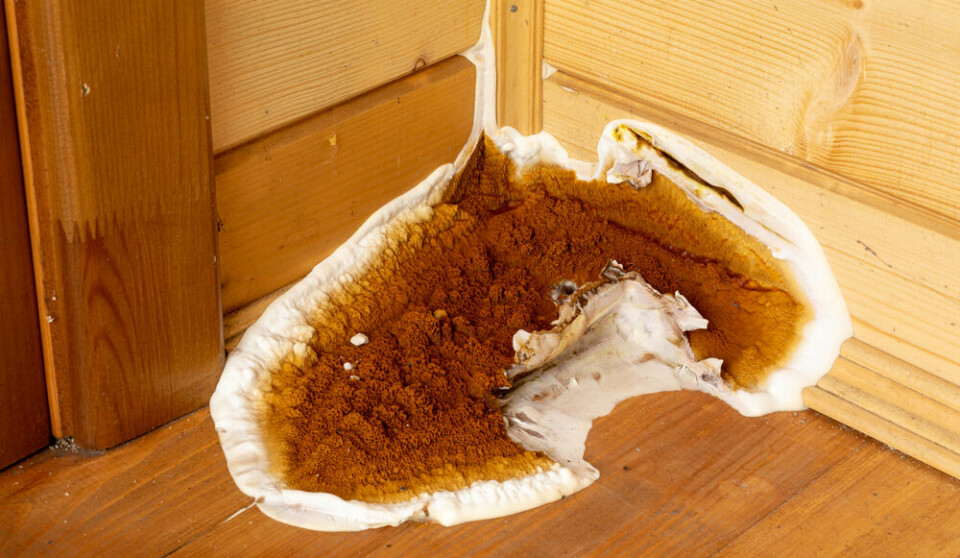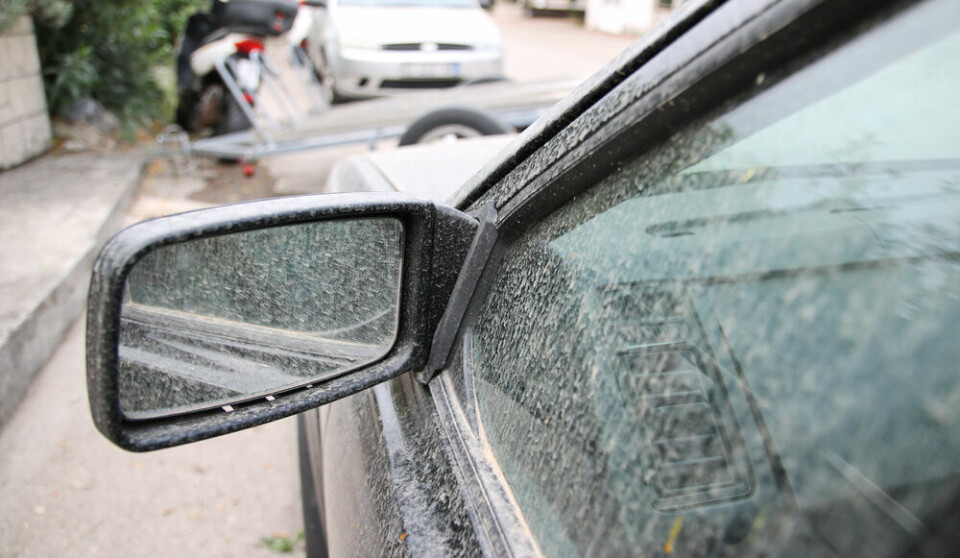-
How much money do people in France need to live well?
What is the role of money in well-being and how much do people need on average, new poll asks
-
Warning to expect delays with bank transfers in France over Easter
How to avoid getting caught out by the annual bank transfer holiday
-
New way to check if your French top-up health insurance cost is fair
French consumer group launches comparator based on profile saying it should be easier for people to compare plans and save money
New rules on spare parts
Rules in a new consumer rights law, which came into force on March 1, firms must provide information on spare parts

PEOPLE buying new domestic appliances and high-tech goods should now be able to see at a glance which parts are easily repairable in the case of a breakdown.
Rules in a new consumer rights law, which came into force on March 1, mean makers now have to inform customers of what spares are available and for how long.
The aim is to encourage manufacturers to avoid ‘built-in obsolescence.’ It is also hoped it will be a boost to the repairs sector, with more items being repaired rather than just thrown away. The consumer magazine 60 Millions de Consommateurs reports that there is already a growing network of people able to do repairs for reasonable sums.
The decree relates to all new products coming onto the market as of last month.
These products must show the period during which spares will be available, on a label on the item or the shelf and on the purchase receipt. The manufacturer should then be able to supply the identified parts within two months as long as the availability period has not run out. Fines of €3,000 for a sole trader or €15,000 for companies may be levied if this is not respected.
However if no spare parts are available at all, no mention has to be made of this. The Minister for Commerce Carole Delga said this is because the government did not want to make it obligatory for manufacturers to give “negative information” of this kind.
The Hamon Law measures are also now being reinforced by ones in the “Energy transition” law that has just been passed by the Senate. This makes it a délit (moderate severity crime) - punishable by up to two years in prison and €300,000 - to deliberately manufacture a product that will break down.
Consumer bodies have welcomed the move but say it is likely to be difficult to prove.
If, despite your best repair efforts, you do need to get rid of old white or electrical goods that no longer work - the website eco-systemes.fr lists shops around France that operate collection points. The items are then, if possible, returned to working order or recycled by charities - with drill casings, for example, being made into benches.























